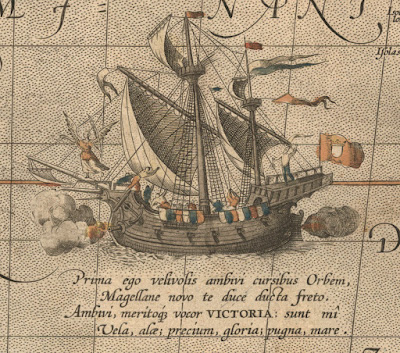Chule' Este Tinestigu

A few times each year I testify publicly on Guam about something. Usually it is at the Guam Legislature over a bill or a resolution or as part of a hearing. Regardless of what the topic is, I try to do it in Chamoru, especially if I have time to prepare my written comments ahead of time, so they go into the public record. Chamoru is a national language for Guam, which means that it can be used regularly for public activities and public representations. Official documents can be in both Chamoru and English. Signage around the island can be bilingual. The fact that Chamoru is an official and national language of Guam is something that many indigenous groups around the world might be envious of, since it provides for a far amount of existing legitimacy and social/political power. You don't have to fight for recognition, since the law already accepts it. But sadly we don't do more to build off to this. It could begin in simple ways, such as public signage and go from there.




